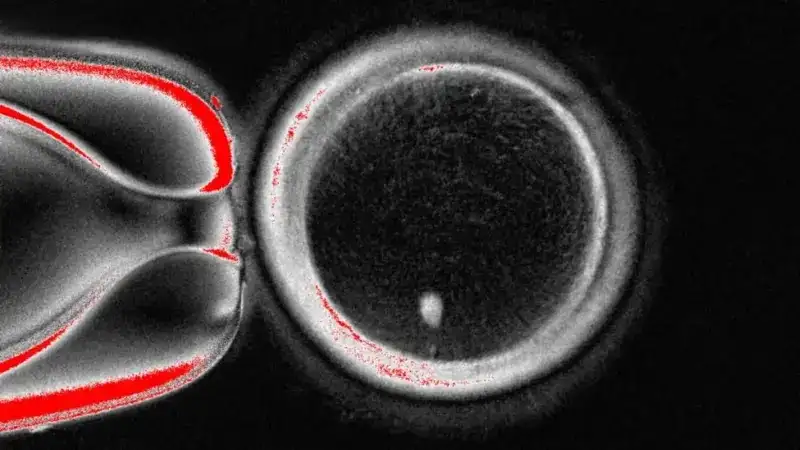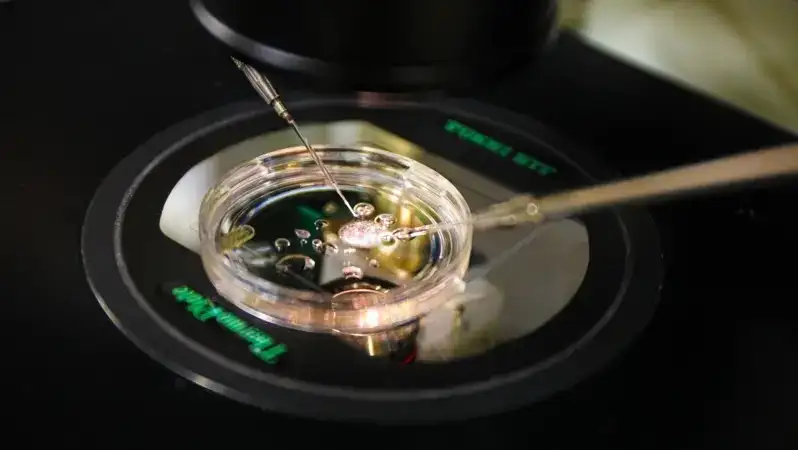US scientists have, for the first time, created a human embryo using DNA taken from skin cells. The technology could help combat age-related or disease-related infertility by allowing almost any cell in the body to be used to create a new life, according to the BBC.
Before the technology can be used in reproductive health clinics, further development is needed, which could take up to ten years.
The team of researchers proposes a new technology that involves taking the nucleus of a skin cell, which contains a complete copy of the genetic code needed to create the body. The nucleus is then inserted into a donor egg, from which all genetic instructions have been removed.
The technology is similar to the method used to create the world's first cloned mammal, Dolly the sheep, in 1996. However, scientists stress that in such cases, it is essential to engage in an open discussion with the public to understand the new opportunities that science presents for humanity.
This egg is not yet ready for fertilization because it contains a complete set of chromosomes: 46 chromosomes, or 23 pairs of chromosomes. Humans inherit 23 chromosomes from each parent. The next step is to "convince" the egg to eliminate half of its chromosomes. Scientists have coined the term "mitomeiosis" (a portmanteau of the words "mitosis" and "meiosis," which are two processes by which cells divide).




















